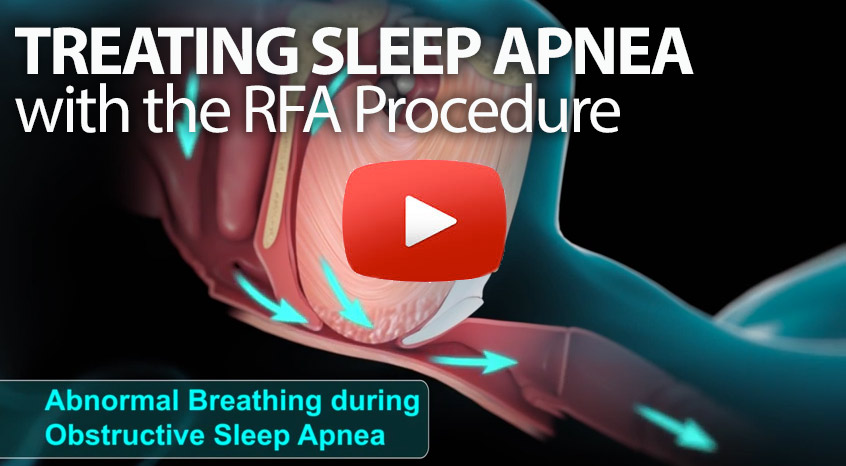If you have trouble sleeping and feel like you may suffer from a serious issue, a sleep study performed at a sleeping clinics may be your best option. They can diagnose and treat your problem and get you sleeping again. Understanding what to expect from your visit will help streamline the process and calm your nerves.
Sleep Clinic Description
If you haven’t yet scheduled your sleep clinic appointment or visited the facility, it’s important to know what to expect. A sleep clinic is usually attached to a larger hospital or a university medical center and are generally staffed by no more than two to three doctors.
These specialists will be trained in a wide range of disciplines associated with sleep disorders, including:
- Neurology
- Psychiatry
- Pulmonary Health
- Respiratory Health
Like most health centers, a sleep clinic will have a waiting room where you sign in and a backroom where you will visit the doctor. However, they will also have an area called a “sleep laboratory,” where sleep tests are performed.
Testing Format
People unfamiliar with sleep tests may get nervous with anticipation before their visit. While that’s understandable with any new procedure, a sleep test isn’t exactly tough. All it requires from you is to lie down in a comfortable bed and try to fall to sleep. That’s it.
The room in which you sleep will look something like a hotel and is lightly decorated to make you feel more comfortable. You are also allowed to bring items from home, such as your own pajamas and decorations, to make the room feel more like home.
It will also have its own bathroom and don’t worry: you won’t be sharing this room with anyone else.
Once you’re ready to sleep, a specialist will attach small sensors across your body. This is probably the hardest part of a sleep test: trying to relax with your scalp, temples, chest, and legs covered by small electrodes. After a few minutes, most people easily adjust.
Last, but not least, a small monitor will be attached to your finger. Now, as you sleep, a monitor will keep track of various aspects of your sleep health and produce a RDI report, as well as information that includes insight into your:
- Brain Waves
- Heart Rate
- Breathing
- Blood Oxygen Level
- Eye Movements
- Body Positioning
- Sleep Noises
These readings will help give the doctor a solid idea of what problem may be plaguing your sleep.
Common Sleep Disorders
Once your sleep test is done, your doctor will diagnose your sleep disorder. Once it’s been properly diagnosed, a treatment plan will be prescribed.
Common sleep disorders include:
- Sleep Apnea – This condition is characterized by heavy snoring and gaps in breathing that can last as long as 10 seconds. It is most commonly caused by obstructed airways and is treated with a breathing machine.
- Insomnia – People who have trouble falling and staying asleep suffer from this serious problem. Insomnia has many causes, including drinking too much caffeine before bed, high levels of stress, or genetic disposition. Treatment methods vary, but usually include some form of sleep aid.
- Parasomnias – People with parasomnias perform strange and often elaborate behaviors while they sleep. They range from sleepwalking, sleep terrors, sleep eating, and even sleep sex. The underlying causes for these behaviors are mysterious and often require behavioral modification techniques.
- Sleep Paralysis – The feeling that you are awake but unable to move is a terrifying situation that plagues thousands of people around the world. People who lie sleep on their back most commonly suffer from this condition.
Other common sleep related problems include restless leg syndrome, circadian rhythm disorders, narcolepsy, chronic fatigue syndrome, and jet lag.
If you or someone you know is in need of a better night’s sleep, contact us for a no obligation consultation. We are the sleep specialists at Chevy Chase ENT located in the Virginia, Maryland, and Washington D.C. metro area dealing with sleep apnea and sleep-related problems. We can help diagnose your condition, recommend whether a sleep study would be beneficial, and offer you a variety of treatment options including CPAP, Radio Frequency Ablation (RFA) and more.

